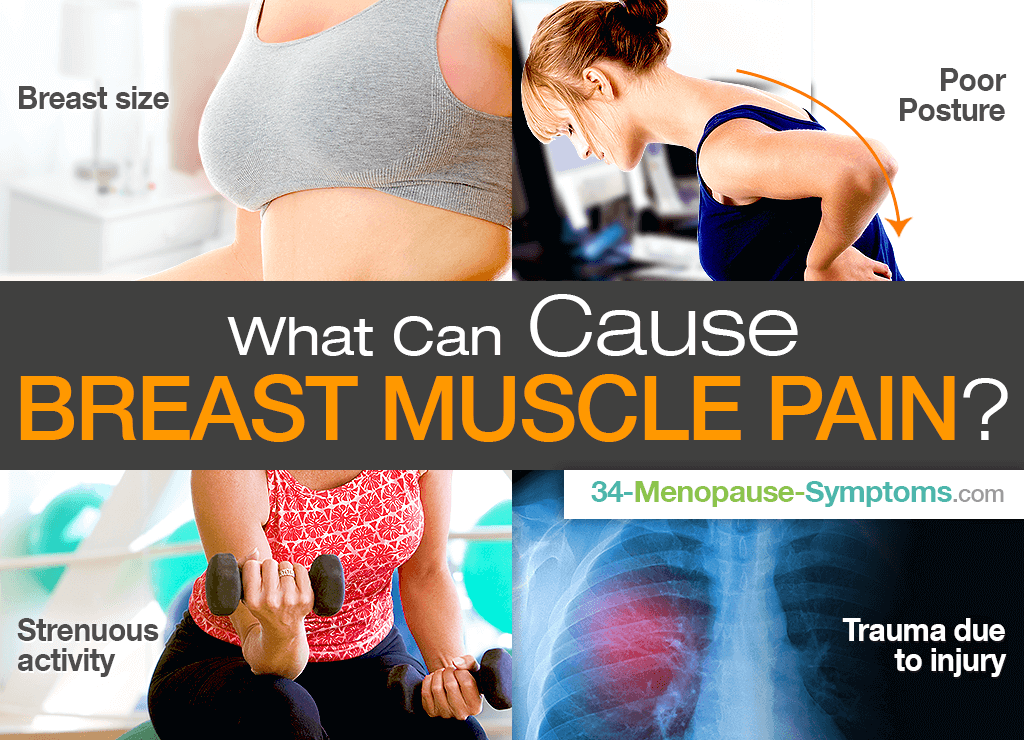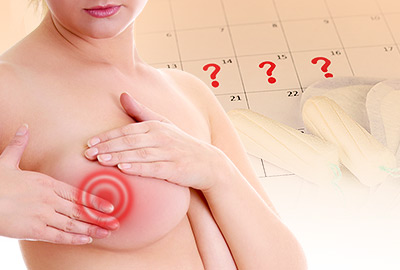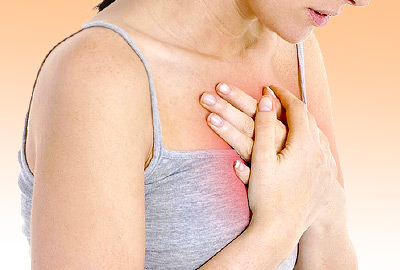Sometimes breast pain can be attributed to a factor affecting the surrounding muscle - the pectoral, or pectoralis major. While it can be hard to recognize when this is the case, some awareness of what might cause this kind of muscular pain should help you to know if this is what you are experiencing, or if there is another problem afoot. Read on to find out about some common causes of muscle pain in the breast, and how this condition might be alleviated.
What Can Cause Breast Muscle Pain?
Breast muscle pain can occur if the pectoralis major becomes damaged, which could happen for a number of reasons:
Breast size. Women who have larger breasts are more likely to encounter pain related to the surrounding muscles, due to the extra weight and potential difficulty to support their chest.
Poor posture. Slouching, or positioning your shoulders excessively forwards or upwards can cause damage to the pectoral muscle. This bad habit can contribute to muscular pain in the breasts.
Strenuous activity. Undergoing arduous physical exercise - particularly weight lifting - can cause the muscle surrounding the breasts to become strained and damaged. This is especially likely if the activity is carried out with some regularity.
Trauma due to injury. Accidents that cause harm to the breast bone or ribs can inadvertently lead to muscular pain, and problems with functionality. Similarly, surgery in this area can also induce pain or aching.
How Can I Treat Breast Muscle Pain?
Women who experience this sort of localized breast pain should explore both immediate, and long term relief techniques. Below are some of the more successful options:
Added breast and back support. It is advisable for women with larger breasts to take time to find a bra that provides adequate support, or possibly additional accessories such as a back brace, to be worn if faced with severe pain.
Improve posture. Consideration should be given to your physical stance, to try to avoid breast muscle pain caused by repeatedly sitting or standing in an incorrect fashion. Try to sit straight, with shoulders back and relaxed.
Use of heated pad or gel. Warmth is widely used as a method of relief for muscle pain, and many women find that application of a hot water bottle, a heat rub, or a heat pad can alleviate breast muscle pain.
Take adequate rest. After exercising, or other strenuous activity such as heavy lifting, it is important to ensure that your muscles can fully recover after they have been properly stretched. This should decrease the chance of strain and therefore pain.
Muscle pain in breasts is often short term, or if it is a more long term condition it can be remedied with a few lifestyle changes or additions. The sooner the problem is addressed, the more likely it is to be thoroughly and entirely eliminated.
Sources
- Harvard Health Publications. (2014). Breast pain: Not just a premenopausal complaint. Retrieved May 30, 2017, from http://www.health.harvard.edu/pain/breast-pain-not-just-a-premenopausal-complaint
- National Health Service UK. (2016). Breast pain. Retrieved May 30, 2017, from http://www.nhs.uk/conditions/breastpaincyclical/Pages/Introduction.aspx
- Petrofsky, J. et al. (2013). Moist Heat or Dry Heat for Delayed Onset Muscle Soreness. J Clin Med Res, 5(6):416-425. Retrieved from https://www.ncbi.nlm.nih.gov/pmc/articles/PMC3808259/
- Breast Cancer Care. (2015). Chest wall pain. Retrieved May 30, 2017, from https://www.breastcancercare.org.uk/information-support/have-i-got-breast-cancer/benign-breast-conditions/breast-pain/chest-wall-pain




